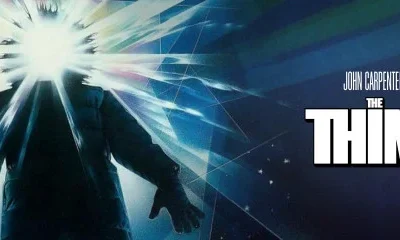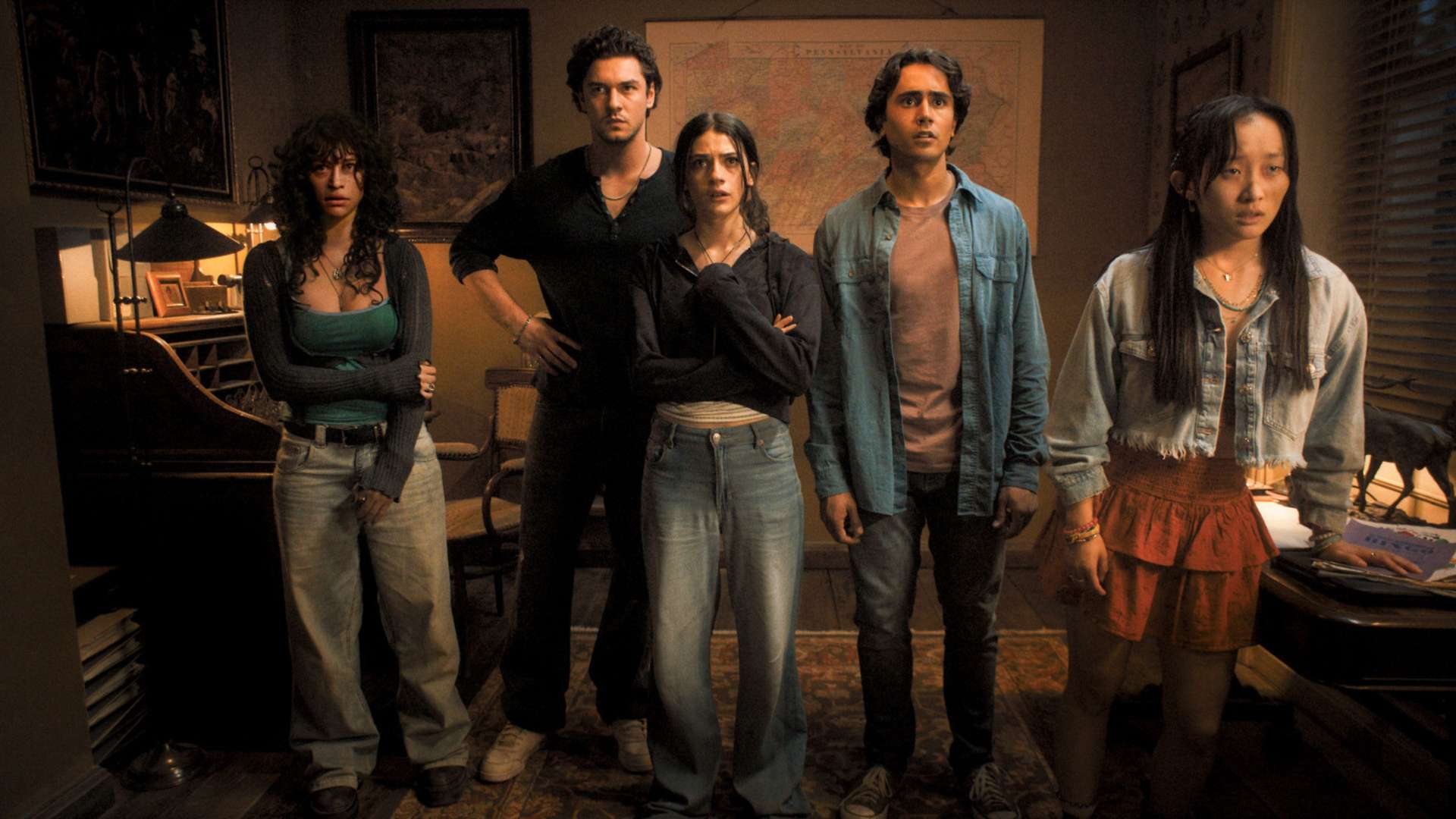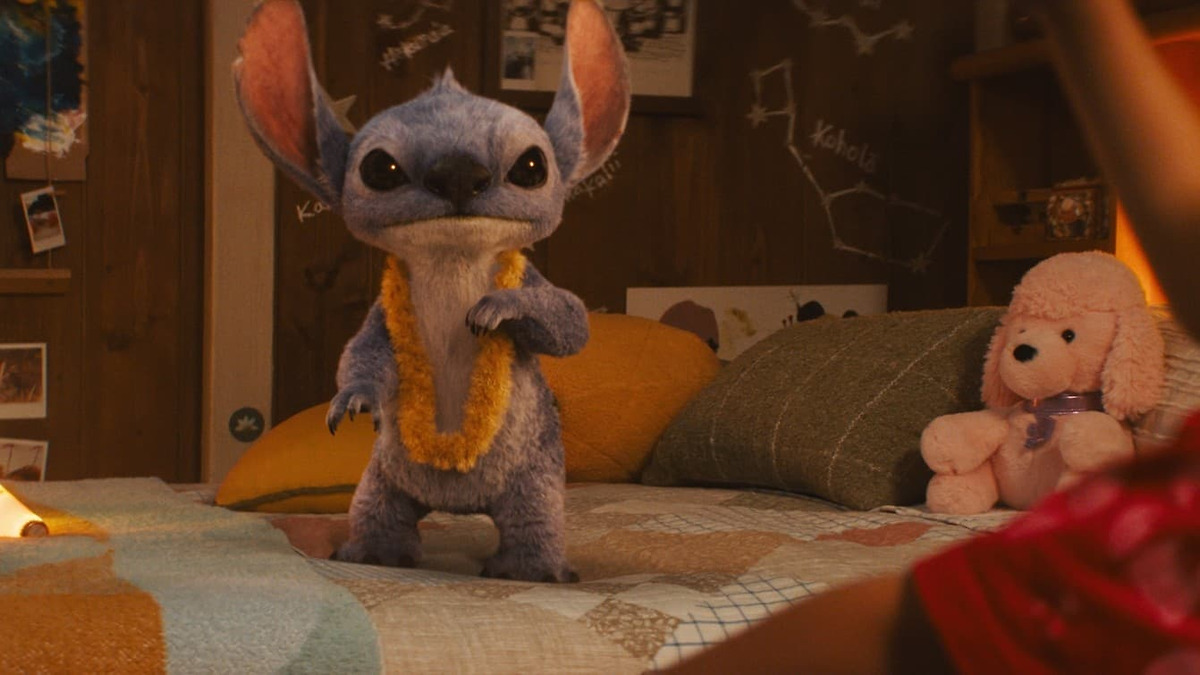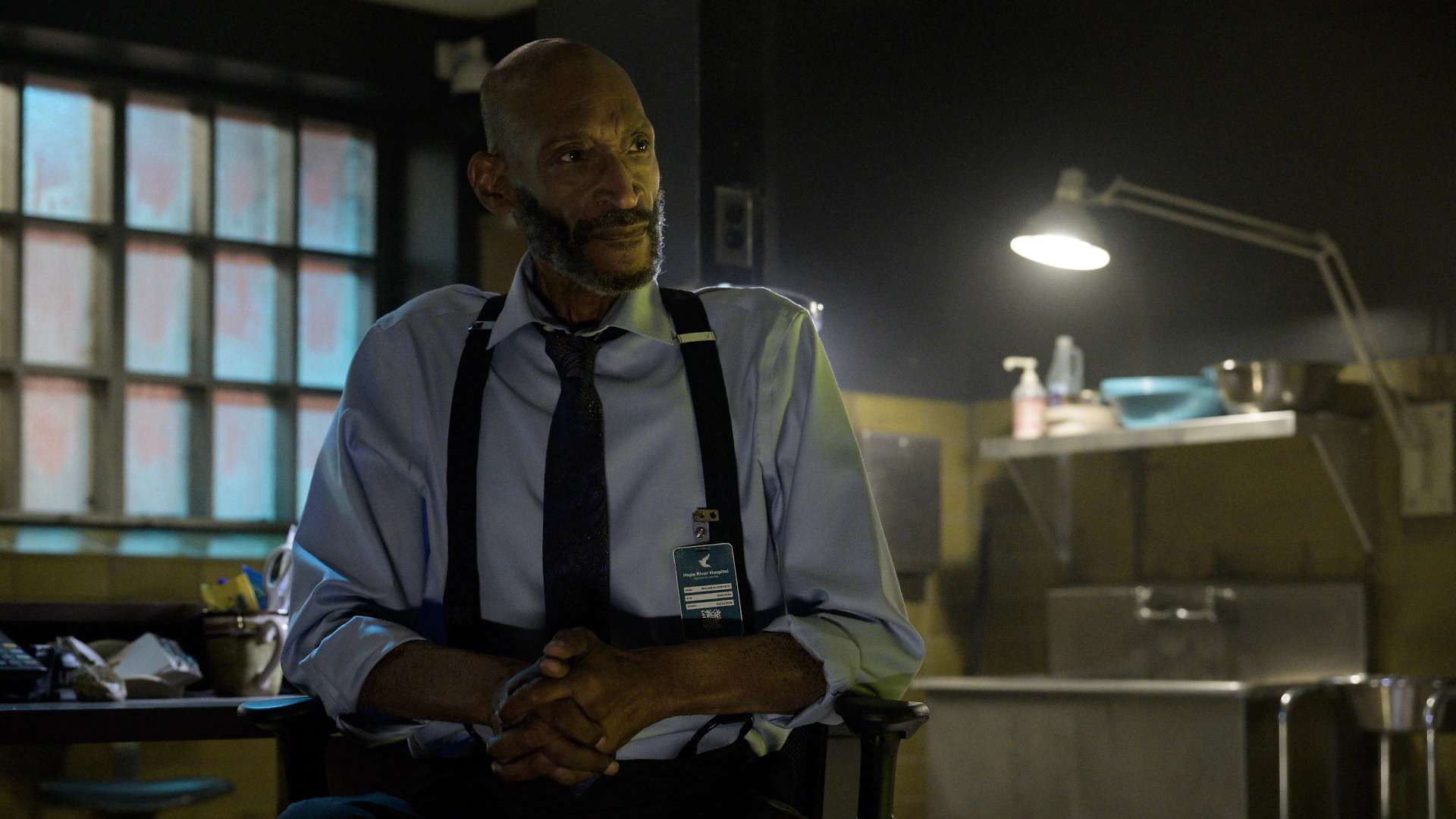Right, let me get this straight. Someone at Sony Pictures looked at a video game about teenagers being systematically murdered by supernatural bastards on a snowy mountain and thought: “You know what this needs? More death. Specifically, the same death. Over and over again. Like a horrific breakfast cereal commercial directed by the Marquis de Sade.”
And somehow, against all cosmic logic and basic narrative physics, they’ve gone and made it work.
“Until Dawn” – the film, not the game that spawned it like some digital parasitic twin – is what happens when you cross “Groundhog Day” with “The Descent” and then feed the resulting abomination a steady diet of energy drinks and expired painkillers. It’s a time-loop horror film that functions like a demented slot machine: pull the lever, watch beautiful people die horribly, rinse, repeat, occasionally win a stuffed wendigo.
I will say, right off the bat, I went into it expecting it to be an adaptation of the game, which threw me off at first. But the more I thought about it, the more the film grew on me.
The premise is beautifully, almost pornographically simple. A group of attractive young people – because ugly people apparently don’t get trapped in supernatural time loops, which seems discriminatory but there we are – venture into a remote valley searching for a missing sister. They find themselves in what appears to be a visitor centre designed by someone who clearly studied architecture at the University of Obviously This Is A Trap. Come nightfall, they’re systematically butchered by various threats that change with each reset like a Netflix algorithm that’s developed homicidal tendencies.
One night it’s a masked slasher straight out of central casting’s “Generic Killer” department. The next, it’s wendigos that look like someone fed a deer through a paper shredder and then reassembled it using only spite and terrible life choices. Then there are creatures that emerge from the ground like the world’s worst surprise party, and at one point – and this is genuinely inspired lunacy – the water itself becomes weaponised, turning people into human fireworks displays that would make “Scanners” weep tears of jealous admiration.
Director David F. Sandberg, previously responsible for making us all afraid of light switches in “Lights Out,” has essentially created a horror film that functions like a particularly sadistic choose-your-own-adventure book, except the reader is unconscious and the choices are being made by a committee of psychopaths with a fetish for dramatic irony.
The genius of it – and yes, I’m using the word “genius” about a film where people repeatedly die because they make the sort of decisions that would embarrass a concussed lemming – is that it shouldn’t work. Time-loop films are notoriously difficult to pull off without becoming either insufferably repetitive or so convoluted they require a PhD in theoretical physics to follow. “Until Dawn” sidesteps this by embracing the repetition and making it the point. Each reset isn’t just a do-over; it’s a completely different flavour of nightmare, like a box of chocolates curated by H.P. Lovecraft.
The film gleefully acknowledges its own absurdity. When your protagonists realise they’re trapped in what amounts to a supernatural game of musical chairs where the music is screaming and the chairs are made of teeth, the only sensible response is to lean into the madness. Ella Rubin’s Clover navigates this recursive hellscape with the sort of determined practicality you’d normally associate with someone trying to assemble IKEA furniture whilst being periodically attacked by bears.
The supporting cast – Michael Cimino, Odessa A’zion, Ji-young Yoo, and Belmont Cameli – manage to avoid the typical trap of horror protagonists, namely being so insufferably stupid that you find yourself rooting for the monsters. These characters actually learn from their mistakes, which in a time-loop scenario is like watching evolution in fast-forward, except with more dismemberment.
Peter Stormare returns from the original game, presumably because someone at Sony realised that if you’re going to make a film this aggressively bonkers, you need at least one actor who can deliver exposition about supernatural curses whilst maintaining the sort of gravitas normally reserved for Shakespearean soliloquies about the nature of existence.
The film’s greatest achievement is its gleeful embrace of B-movie sensibilities whilst maintaining enough technical sophistication to prevent it from descending into pure camp. It’s horror comfort food – familiar enough to be satisfying, strange enough to keep you engaged, and just bloody enough to remind you that yes, people are definitely dying here, even if they’ll be back in twenty minutes looking confused and slightly dishevelled.
Critics have complained about the repetitive nature, which is rather like criticising a washing machine for being circular. The repetition IS the point. Each loop reveals new layers of the mythology, new aspects of the threat, new ways for attractive people to meet spectacularly unpleasant ends. It’s like watching someone slowly peel back the layers of an onion, except the onion is made of nightmares and occasionally explodes.
The film’s relationship with its source material is refreshingly pragmatic. Rather than attempting a slavish adaptation that would essentially be a ten-hour game compressed into ninety minutes of confusion, Sandberg and writers Gary Dauberman and Blair Butler have created something that exists in the same universe whilst telling its own story. It’s the difference between a cover version and a remix – technically related, but serving different purposes.
Where the game relied on player choice to drive narrative tension, the film substitutes the random brutality of fate. You can’t save these characters through careful decision-making; you can only watch them adapt, learn, and slowly piece together the rules of their particular corner of hell. It’s oddly liberating, like watching someone else navigate a particularly vindictive video game whilst you eat crisps and shout unhelpful advice.
The wendigos deserve special mention as perhaps the most effectively realised movie monsters in recent memory. They move with the sort of predatory grace that suggests they’ve studied ballet but only the parts involving sudden, violent movement. When they emerge from the shadows – and they do emerge, frequently and enthusiastically – they bring with them a sense of ancient hunger that makes even the jump scares feel earned rather than cheap.
The film’s structure allows for a surprising amount of world-building without resorting to tedious exposition dumps. Each reset reveals new details about the valley’s history, the nature of the curse, and the various supernatural entities that call this place home. It’s environmental storytelling at its most effective – you learn about this world by watching people die in it repeatedly, which is both darkly comic and oddly efficient.
The special effects work is impressively practical, with CGI used to enhance rather than replace physical effects. When people explode – and they do explode, magnificently – it feels appropriately messy and consequential. The various monsters are tactile, weighty things that occupy space convincingly rather than looking like expensive screensavers.
What elevates “Until Dawn” above its B-movie origins is its understanding that repetition, rather than being narrative death, can be narrative rebirth. Each loop functions as both climax and setup, ending and beginning. It’s a film that eats its own tail and somehow manages to grow stronger in the process.
The climax, when it finally arrives, feels genuinely earned rather than arbitrary. The characters have learned enough about their situation to make informed choices, and the audience has seen enough variations to appreciate the significance of their final gambit. It’s like watching someone finally solve a Rubik’s Cube after you’ve seen them fumble with it for ninety minutes, except the cube is cursed and solving it incorrectly results in death by supernatural entities.
“Until Dawn” succeeds by being precisely as complicated as it needs to be and no more. It’s a film that knows exactly what it is – a gleefully violent playground for exploring variations on familiar themes – and executes that vision with the sort of confident craftsmanship that makes even the most ridiculous moments feel oddly plausible.
The film’s greatest magic trick is making you forget you’re watching the same basic scenario repeated with variations. By the third or fourth loop, you’re not thinking about repetition; you’re thinking about possibility. What new horror will tonight bring? How will the characters adapt? Which familiar face will die in an entirely new and creative way?
“Until Dawn” is a film that shouldn’t work, made by people who clearly understand exactly why it shouldn’t work, who then proceed to make it work anyway through sheer bloody-minded commitment to their own demented vision. It’s like watching someone successfully perform surgery with a spoon – technically inadvisable, practically impossible, but undeniably impressive when pulled off with sufficient skill and audacity.
In a landscape of horror films that often prioritise innovation over execution, “Until Dawn” succeeds by taking familiar elements and arranging them in combinations that feel both nostalgic and fresh. It’s a film that respects its audience’s intelligence whilst never forgetting that sometimes the best horror comes from the simplest premise executed with maximum conviction.
The result is a film that works precisely because it embraces its own absurdity without ever winking at the audience. It’s sincere about its own ridiculousness, committed to its own chaos, and confident enough in its own premise to trust that audiences will follow it down whatever rabbit holes it chooses to explore.
“Until Dawn” is proof that sometimes the best way to avoid repeating past mistakes is to repeat them intentionally, with style, until they become something entirely new. It’s a film that transforms repetition from weakness into strength, familiarity into freshness, and death into the beginning of possibility.
In short, it’s bloody brilliant.
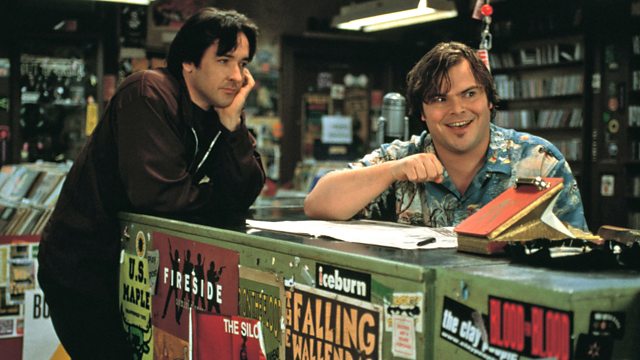

 Films1 year ago
Films1 year ago
 TV Shows1 year ago
TV Shows1 year ago
 TV Shows1 year ago
TV Shows1 year ago
 Films2 years ago
Films2 years ago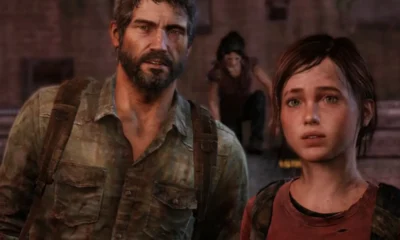
 Video Games1 year ago
Video Games1 year ago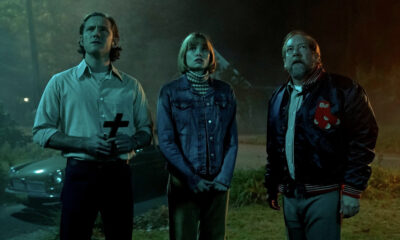
 Films8 months ago
Films8 months ago
 Films1 year ago
Films1 year ago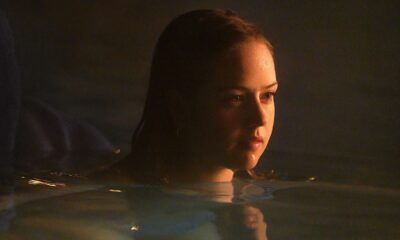
 Films1 year ago
Films1 year ago




